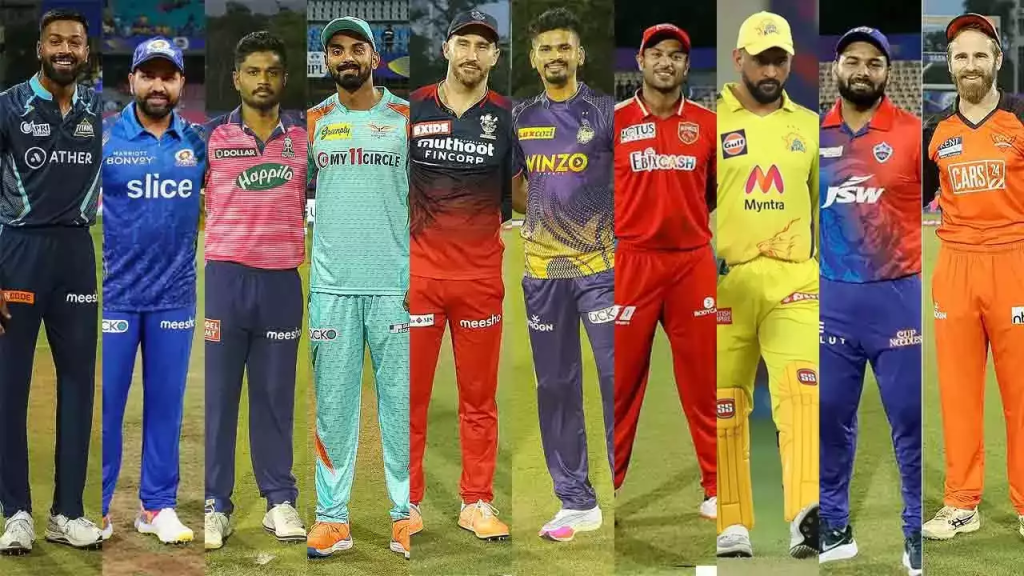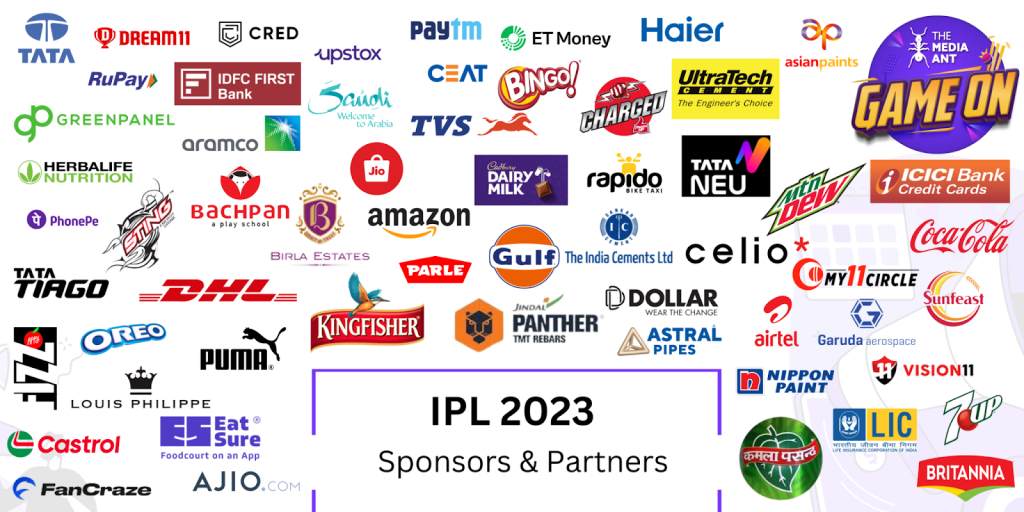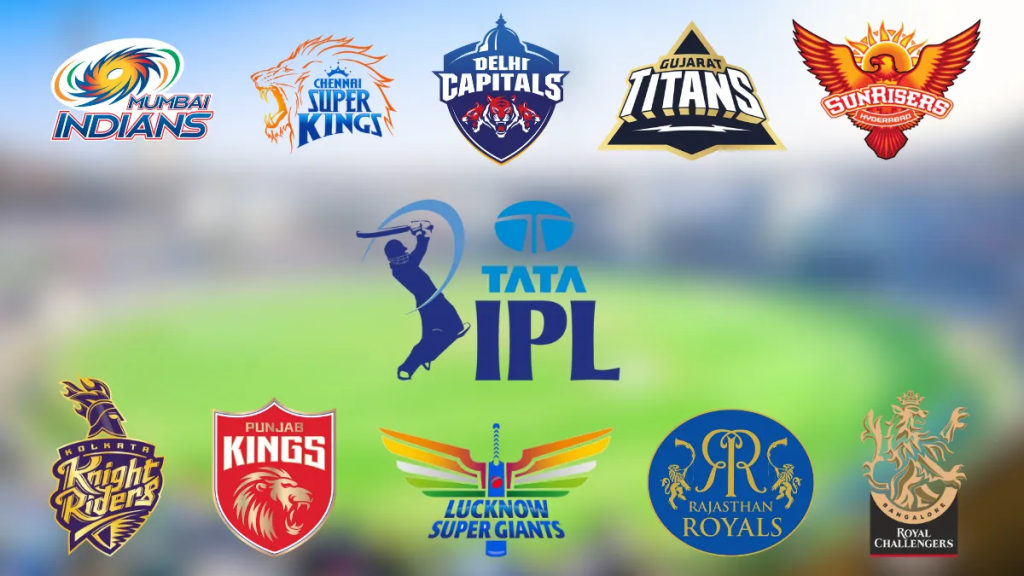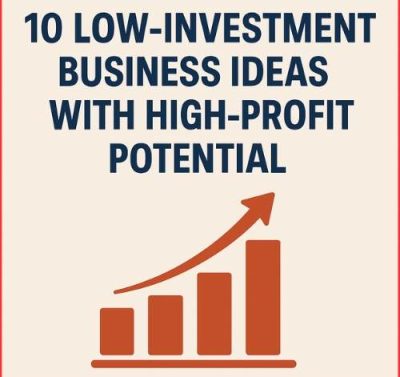For a long time, the IPL has been one of the most talked-about subjects in town. However, there is no question that when we talk about the Indian Premier League, we are talking about much more than just cricket, since there is so much more to the term in the first place.
This isn’t just about cricket, though. During the IPL seasons, there have been several auctions, and teams have been decided on the basis of the auctions. Some individuals are willing to spend millions of rupees on teams in order to build the ideal team with the players they want.
With such a large sum of money at stake in the IPL, there seems to be no question that such a game would have financial implications. As a result, folks must be aware of IPL’s business model and income creation.
A sound business strategy, like the IPL, does not rely just on ticket sales. They make certain that they have a variety of additional sources of income through which they may support themselves.

Img Source:https://timesofindia.indiatimes.com/
What factors contribute to the value of a franchise?
Like any other asset, the value of an IPL franchise is defined by the potential cash flows it can provide. The four key sources of revenue for an IPL franchise are grants of media rights, sponsorships, gate receipts, and winnings. The IPL team generates a lot of money, but they also have a lot of expenditures to deal with in order to run a successful season.
Revenues:
Grant of Broadcasting Rights:
The BCCI trades digital and media rights to broadcasters for the Indian Premier League. These broadcasters then offer ad space to businesses seeking to get the attention of viewers.
IPL ad places are extremely expensive, costing roughly Rs 14-20 lakhs for every 10 seconds. Commercial partners are also signed up by broadcasters in order to ensure some funds up front. Because of the IPL’s growing popularity, broadcasters are willing to spend more money to acquire the rights.
The proceeds from the sale of these rights are shared proportionately between the teams and the BCCI. Franchises used to be entitled to a larger share of the media rights money, but that has decreased over time.
Currently, the BCCI maintains half of the money and the franchises divide the other half among themselves. Around 45% of the money is allocated evenly, with the remaining 5% given based on the team’s performance throughout the season.
If the number of teams increases, the number of matches will increase as well. As a result, broadcasters would be willing to pay more for advertisements and promotions.
Sponsorships:
Title sponsors, jersey sponsors, and miscellaneous arrangements with various brands are examples of sponsorships. The BCCI has acquired sponsors for umpires and time-outs.
The money collected from official sponsors are split evenly among the franchisees. Individual teams, on the other hand, frequently collaborate with corporate/individual sponsors. These companies remunerate a fee to appear on the team’s jersey or to use the franchise’s intellectual property. Brands can utilise player photographs and team logos in commercials and products as part of some of these partnerships.
Ticket Sales and Prize Money:
Tickets sales make up a little portion of the revenues that have gone as a result of the epidemic. The stadium occupancy of certain popular teams is high, resulting in increased ticket income.
IPL Teams, on the other hand, must make investments and expenditures in order to generate these earnings. Player remuneration and franchisee charges are the two key cost centres for a franchise. The remaining expenses are generally minimal and are related to running the business effectively.
Expenditures-
Player Remuneration-
During the player auctions, all IPL franchises pay for players. Player pay is one of the main expense centres for older clubs, accounting for over 40% of the franchise’s income.
Having the appropriate players increases the brand value of the franchise while also helping the team to exceed expectations. Because Indian supporters aren’t loyal to a certain organisation, but rather to a specific individual, most clubs lack committed fan following.
Football, on the other hand, generally has a large fan base regardless of the players. As a result, having well-known players on the squad can help the organisation get more individual sponsorships from fans.
Franchisee Fees-
Every year, all franchisees must pay the BCCI a fee of 20% of total earnings (including rights money, sponsorships, and miscellaneous). The fee goes toward paying associations, organising matches, and other administrative costs.
In addition to the franchise fee, new franchisees must pay the auction prices in instalments over the following ten years.
IPL Sponsors – 2023
| Title Sponsor | Official Partners | Orange & Purple Cap | Broadcaster | Digital Streaming Partners | Umpire Partners | Strategic Timeout Partner |
| TATA Group | • Dream11• CRED• Upstox• RuPay• Herbalife• Saudi Tourism Authority | Aramco | Star Sports | JioCinema | PayTM | CEAT |
| Rs 670 crores | Over Rs 220 crores | Rs 65 crores | Rs 30k-35k crores approx.. | Rs 23758 crores | Rs 28 crores | Rs 15-30 crores |

Img Source: https://www.linkedin.com/
IPL Teams Brand Value and Owners:
Chennai Super Kings: This season is emotional for the franchise because it is believed to be the final IPL season for long-time CSK skipper MS Dhoni. India Cements previously controlled the franchise.
The franchise was owned by N Srinivasan, the vice-chairman as well as managing director of India cements. However, ownership was transferred to Chennai Super Kings Cricket Ltd in 2015, while Srinivasan remains a member of CSK’s management group.
Rs 8811 crores in brand value-
Mumbai Indians: Mumbai Indians, the most successful side in IPL history, is vying for their sixth title in the fifteenth season of the tournament. Reliance Industries (RIL) owns the Mumbai-based franchise.
Mukesh Ambani, one of India’s most powerful industrialists, owns the Mumbai Indians. The franchise is owned by him and his wife, Nita Ambani. The Mumbai Indians are the costliest franchise in the Indian Premier League to be sold.
Rs 9,962 crore in brand value-
Kolkata Knight Riders: The two-time IPL winners Kolkata Knight Riders has returned to play. Knight Riders Sports Pvt Ltd owns the franchise. Red Chillies Entertainment owns 55% of the corporation, with the Mehta Group owning the other 45%. Shah Rukh Khan, the king of Bollywood owns Red Chillies Entertainment.
Jay Mehta, an Indian businessman, and his wife, Bollywood actress Juhi Chawla, own the Mehta Group. Other T20 franchises owned by Knight Riders Sports Pvt Ltd include Tinbago Knight Riders and Cape Town Knight Riders.
Rs 8428 crores in brand value-
Punjab Kings: Punjab Kings have not succeeded to win their first IPL trophy despite competing in all fifteen seasons. They’ve named Indian batsman Shikhar Dhawan as their new captain for the IPL 2023 season. The franchise is owned by several people. Dabur Group owns the bulk of the franchise, with a 46% interest.
Wadia Group owns 23% of the company, Bollywood star Preity Zinta owns 23%, and a few other firms own a small share. Preity Zinta never misses an opportunity to show her support for her side and is frequently seen cheering them on from the stands.
Rs 7087 crores in brand value-
SunRisers Hyderabad: The IPL 2016 champions, SunRisers Hyderabad has consistently been a tough squad. The team was created in 2012, following the demise of the previous Hyderabad franchise, the Deccan Chargers, from the IPL. SUN Group owns the Hyderabad-based franchise.
Sun Group’s chairman and owner is Indian industrialist Kalanithi Maran. His daughter, Kaviya Maran, is the franchise’s CEO and is frequently spotted promoting SRH at IPL bidding and rooting on his teams from the stands.
Rs 7432 crores in brand value-
Royal Challengers Bangalore: Despite having one of the largest fan bases in the IPL, Royal Challengers Bangalore is still looking for their first IPL title. Big cricketing stars notably Virat Kohli, AB de Villiers, Chris Gayle, Rahul Dravid, Anil Kumble, and Dale Steyn have all played for RCB.
The franchise is owned by United Spirits. Diageo Group of Companies owns the firm. Following the conviction of RCB’s previous owner and chairman, Vijay Mallya, for being involved in financial allegations, Amrit Thomas, formerly the chief marketing officer of United Spirits, was named the franchise’s new CEO.
Rs 7853 crores in brand value-
Delhi Capitals: The Delhi Capitals, formerly known as the Delhi Daredevils, have competed in all fifteen seasons of the IPL but have yet to win a trophy. The GMR and JSW groups hold the team jointly.
After purchasing the franchise for 84 million US Dollars in 2008, GMR Group was the sole owner of DC till they sold 50% of their investment to the JSW Group for INR 550 crores in 2018. The two major figures behind DC owners are Kiran Kumar Gandhi of GMR Group and Parth Jindal of JSW Group.
Rs 7930 crores in brand value-
Rajasthan Royals: The reigning Indian Premier League winners, Rajasthan Royals, are gearing up for the upcoming season. The franchise was sold to Emerging Media IPL for 67 million US dollars in 2008. Raj Kundra, the spouse of Bollywood star Shilpa Shetty, also owned an 11.7% interest in the brand.
Kundra was banned in 2015 after being implicated in match-fixing incidents. Emerging Media IPL Pvt Ltd founder Manoj Badale owns 65% of the franchise. Suresh Chellaram, an Indian businessman, and Lachlan Murdoch are two of the few other shareholders.
Rs. 7662 crores in brand value-
Lucknow Supergiants: KL Rahul-led Lucknow Supergiants had a great inaugural season in IPL 2022, qualifying for the playoffs. The squad has unveiled a new set of jerseys for the current IPL season.
The Lucknow-based franchise is owned by the RPSG company, who paid INR 7,090 for the rights to manage the franchise before the IPL 2022. Sanjeev Goenka owns the RPSG group. They are the franchise’s primary owners.
Rs 8236 crores in brand value-
Gujarat Titans: Gujarat Titans are the defending champs. Gujarat Titans have returned to action in the first match of the IPL 2023 against Chennai Super Kings. Nobody anticipated the Titans to win season 2022, but Hardik Pandya’s club had other ideas.
Subsequently the BCCI’s tender for two new IPL teams, the Gujarat franchise was granted to Irelia firm Pvt Ltd, whose parent firm is CVC Capital Partners, for INR 5625 crores.
Rs 6512 crores in brand value

Img Source: https://www.91mobiles.com/
The IPL tournament franchise has grown into a major business asset. It allows businesses to promote and publicise their products and services widely. They may simply generate money and continue the League as a result of this. The league has been a great success and has become one of the most popular cricket leagues in the world. IPL has transformed into much more than just a cricket tournament. It is a thriving business entity with a robust financial model and diverse sources of income.
The IPL’s success lies in its ability to combine the passion for cricket with a sound business strategy. By capitalizing on various revenue streams and managing expenditures effectively, the IPL has become a billion-dollar brand, attracting global attention and investment. As the league continues to evolve, the IPL’s business model will likely adapt and innovate to sustain its growth and success. With its massive fan base, captivating gameplay, and financial prowess, the IPL remains a prime example of how sports and business can intertwine to create a dynamic and thriving enterprise.
FAQs
- What are the main sources of income for IPL franchises?
The main sources of income for IPL franchises include grant of media rights, sponsorships from brands, ticket sales, and winnings earned during the tournament. These revenue streams collectively contribute to the financial stability and growth of the franchises.
- How do media rights contribute to the financial success of the IPL?
Media rights play a significant role in the financial success of the IPL. The BCCI sells broadcasting rights to broadcasters, who generate revenue through advertisements during IPL matches. The proceeds from the sale of media rights are shared between the teams and the BCCI, providing a substantial portion of the franchises’ income.
- How are player salaries determined in the IPL?
Player salaries in the IPL are determined through player auctions, where franchises bid for players they want to include in their team. The bidding process involves teams competing to acquire the services of players, and the salaries are agreed upon based on the bidding prices. Top players command higher salaries due to their skills and popularity.
- How does the brand value of IPL franchises affect their financial standing?
The brand value of IPL franchises plays a significant role in their financial standing. Franchises with higher brand value attract more sponsors and secure better deals, leading to increased revenue opportunities. A strong brand presence also helps in fan engagement, merchandise sales, and overall business growth.
- How has the IPL evolved as a business over the years?
The IPL has evolved as a successful and lucrative business since its inception. It has attracted significant investments, witnessed exponential growth in revenue, and expanded its global viewership. The league has adopted innovative marketing strategies, embraced technology, and diversified its income streams to ensure sustainable financial success.
Read More-Successful Indian Cricketers and Their Business Ventures















